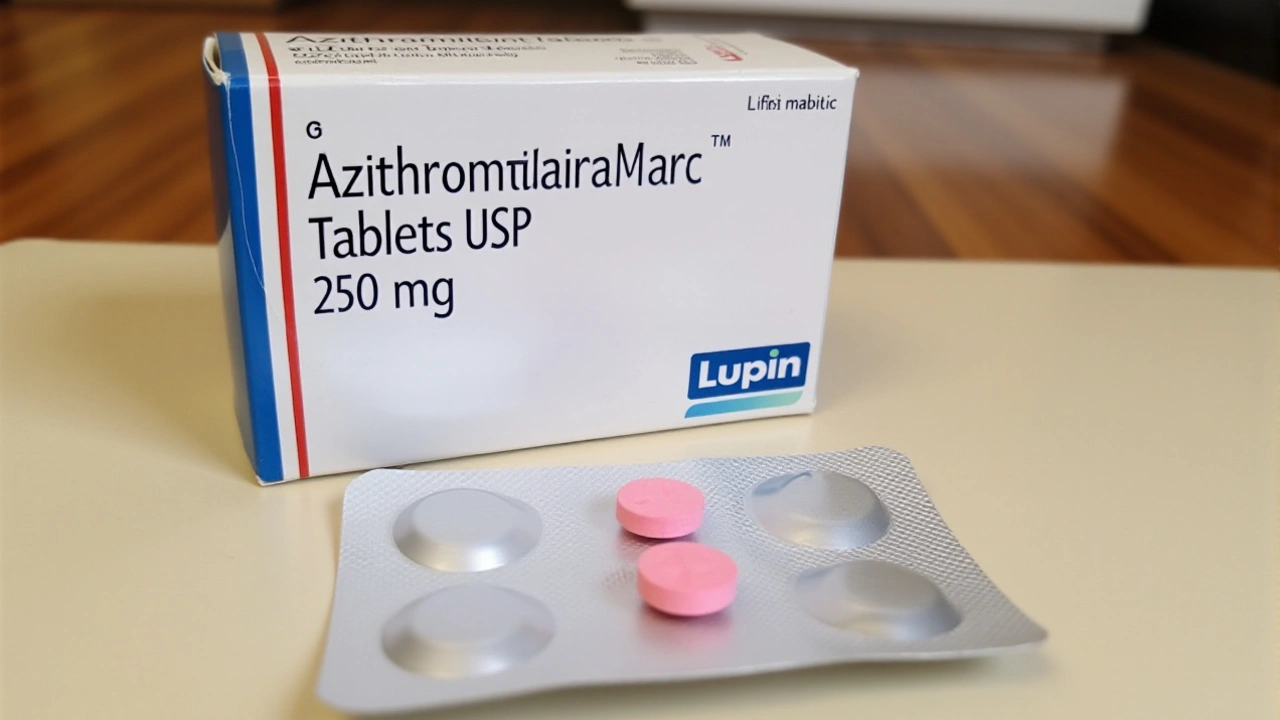Cardiovascular risk: what it means and what you can do about it
Cardiovascular risk is your chance of having a heart attack, stroke, or other artery-related event over time. It builds up from things like high blood pressure, high cholesterol, smoking, diabetes, and too much belly fat. The good news: most of those factors are manageable, and small changes add up fast.
How to check your risk
Start with a few simple tests your doctor can order: a fasting lipid panel (total cholesterol, LDL, HDL, triglycerides), fasting glucose or HbA1c, basic kidney tests, and a blood pressure check. Use an ASCVD 10-year risk calculator — many clinics and health apps offer it. A 10-year risk of 7.5% or higher usually prompts a closer look at cholesterol-lowering treatment. If you already have heart disease, diabetes, or chronic kidney disease, you’re in a higher-risk group and should act sooner.
Practical steps to lower risk
Eat like you’re protecting your heart: pick the Mediterranean pattern — more vegetables, fruit, whole grains, beans, fish, nuts, and olive oil. Cut processed meats, sugary drinks, and highly processed snacks. Lower sodium by cooking at home and using herbs for flavor.
Move regularly. Aim for 150 minutes a week of moderate activity (brisk walking, cycling) or 75 minutes vigorous. Add two sessions of strength training weekly. If you’re short on time, shorter high-intensity bursts work too — consistency matters more than perfection.
Quit smoking. This is the single fastest way to cut your heart risk. Talk to your doctor about nicotine replacement, prescription aids, or local stop-smoking programs — they boost success rates a lot.
Manage weight and blood sugar. Losing even 5–10% of body weight lowers blood pressure, improves cholesterol, and helps control diabetes. If you have diabetes, aim for steady blood sugar control and regular check-ups.
Limit alcohol: up to one drink daily for women and two for men. Prioritize sleep — most adults do best with about 7 hours each night. And handle stress with simple habits: daily walks, time with friends, or short breathing exercises. Therapy or counseling helps when stress or anxiety becomes chronic.
Medications can be lifesaving. Statins lower cholesterol and reduce heart attacks for people at risk. Blood pressure medicines, diabetes drugs, and certain antiplatelet meds are also important for specific patients. Don’t stop or start pills without talking to your clinician. Some common pain meds, like ibuprofen, can affect heart health — mention any regular OTC meds at your visit.
When to see a doctor? If you have high blood pressure readings, high cholesterol, diabetes, chest pain, breathlessness, or a family history of early heart disease, get evaluated now. Regular follow-ups will keep your plan on track and catch problems early.
Want more detail on tests, drug choices, or related topics? Check our articles on cholesterol options, blood pressure strategies, and how common meds affect the heart. Small, steady steps give the biggest payoff for your heart.

Azithromycin Linked to Increased Cardiovascular Mortality Risk: New Study Insights
- 11 Comments
- Aug, 17 2024
A recent study highlights that azithromycin use outside hospital settings is linked to a higher risk of cardiovascular and non-cardiovascular deaths. While the absolute risk remains low, the findings support earlier studies on the drug's risks.




